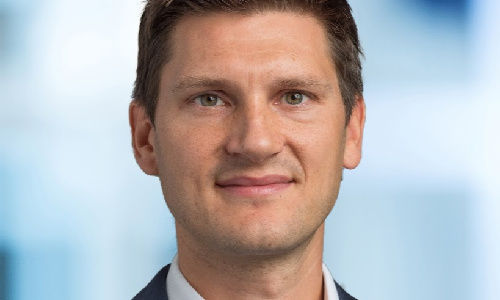And then the topic of sustainability gets pushed aside?
They often simply don't have the time. But also, private bankers frequently aren't adequately educated about the topic.
So you decided to inform clients yourself. How do your wealthy clients respond?
We have immense potential for favorable change if we help the members of these families to break through the barrier with their private bankers. Our theory was borne out by the first course we conducted at Harvard five years ago, and every year since then too.
«The program as a cross-section of wealth and research»
We had people from extremely wealthy families who really want to do something for sustainable development, are worried about climate change, but aren't getting any information from their bankers. We could help them, free of conflict, because we're part of an academic institution and aren't selling them any products.
Because the course was so well-received and based on academic research, I began thinking of basing an entire university entity around it. And that's what the CSP, or Center for Sustainable Finance and Private Wealth at the University of Zurich, is.
You've expanded the original course?
The basic idea is to generate a cross-section between the program, which is for people from wealthy families, and research. The program is great at showing us the bottlenecks which are preventing capital from people who would be interested in the topic from actually flowing into sustainable investments.
You are also researching with the data generated by the course?
We have quite a few research projects by now. Sometimes we use data we can generate, mainly interviews, surveys, and experiments around investment decision-making. For example, we now have a larger project on this which evaluates interviews with 40 people from wealthy families. We also look at topics from countless other programs; we know what the truly relevant topics are thanks to the exchange with this community.
«Information reaches decision-makers too late – or not at all»
For example on questions like how corporate sustainability is measured, or how investors can genuinely have a favorable impact. That's what our research is based on, with the goal of publishing in leading international academic journals – just like a regular University entity. But we don't just stop there.
What do you mean?
One big problem in the whole sustainability discourse is that we're confronted with a glut of information – for example on how to solve issues of sustainability. But the information often doesn't make it to the decision-makers in time, or at all. We try to accelerate that process. We know from our training program which questions are important.
«Are investors sensitive to how much impact they are making?»
We also receive very interesting data; often we're the only ones who have access to this community. We base our research on it, and bake the findings back into our training program. That's the strength of a University platform: strong capacity in research as well as teaching.
If you're part of an academic entity, are you paid by them too?
Yes, entirely. However, we're funded by third-party money and income from the program and are a financial net contributor to the academic institution. We're part of the University of Zurich because the leadership here is very interested in sustainable finance and sees how important our research in this area is, and to inform the decision-makers of what's really going on.




































